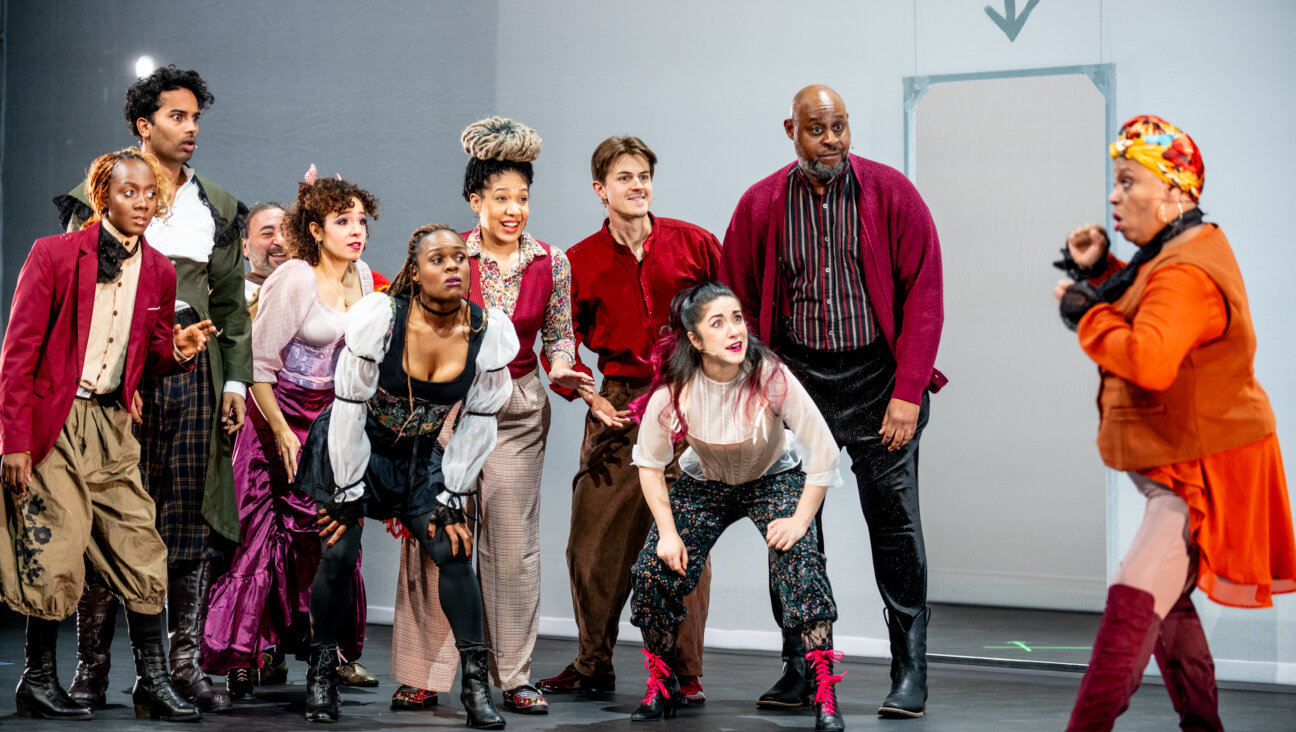School Offers New Degree in Spirituality
Rabbi Yakov Travis has a message for spiritual seekers: Come down from that mountaintop, move to Cleveland and go back to school.
Travis, a professor at Cleveland’s Laura and Alvin Siegal College of Judaic Studies, has created America’s first nondenominational master’s degree program in spirituality.
“This is about [the students’] own spiritual journey,” said Travis, who was ordained by the Chief Rabbinate of Jerusalem. “How do you study the history of Judaism, particularly the more spiritual bent of Judaism, without opening yourself up and working with the practices and the modes of being that the texts talk about?”
The centerpiece of the accredited two-year program is an intensive seminar that meets three mornings per week, based on the model of the beit midrash, or study hall, found at traditional yeshivot. The students also take conventional academic courses, including classes in rabbinic theology and Jewish education, and complete apprenticeships at Jewish schools and organizations throughout the city. Participants and teachers join together once a month for Sabbath celebrations that often feature impromptu jam sessions with guitar-playing students.
Travis drew on the hybrid nature of his own educational pedigree in conceiving the program, which is officially titled “Ruach: The Jewish Spirituality Master’s Degree.” With a doctorate in Jewish thought from Brandeis University and a decade of study at various Orthodox yeshivot in Jerusalem, he has sought to combine the communal, personal feel of the traditional beit midrash with the nondenominational openness and rigor of academia. Until now, he said, this pairing has only existed at the more liberal rabbinical schools, which excluded Jews who were not seeking ordination.
Six of the program’s first students are set to graduate in just a few weeks. Several are planning for careers in Jewish education or communal life, including Jeremy Goldberg, who said the program transformed him from someone with little knowledge of Judaism to someone planning to pursue a rabbinical degree.
“The spiritual searching I’ve been doing for the past 10 years through Eastern religions, and African religions, and different kinds of California religions,” fell away and “all of a sudden the world of Judaism got opened up and it’s a beautiful, amazing, deep, poetic tradition,” Goldberg said. “It’s exciting to want to share that with other people. What I love to do is help other people to have the tools to really enjoy their Judaism, to infuse it with their own creativity, their own voice.”
A message from our Publisher & CEO Rachel Fishman Feddersen

I hope you appreciated this article. Before you go, I’d like to ask you to please support the Forward’s award-winning, nonprofit journalism so that we can be prepared for whatever news 2025 brings.
At a time when other newsrooms are closing or cutting back, the Forward has removed its paywall and invested additional resources to report on the ground from Israel and around the U.S. on the impact of the war, rising antisemitism and polarized discourse.
Readers like you make it all possible. Support our work by becoming a Forward Member and connect with our journalism and your community.
— Rachel Fishman Feddersen, Publisher and CEO























